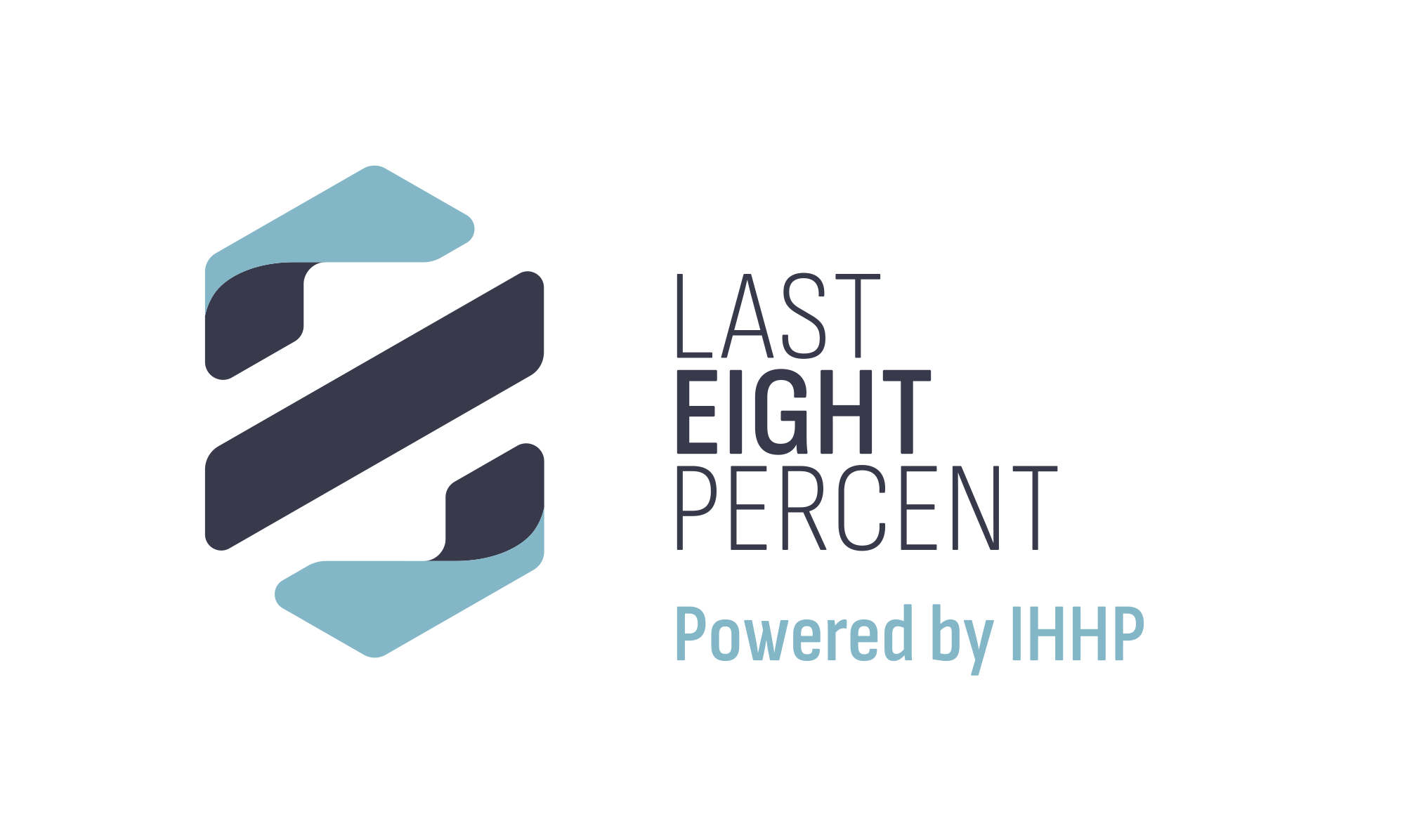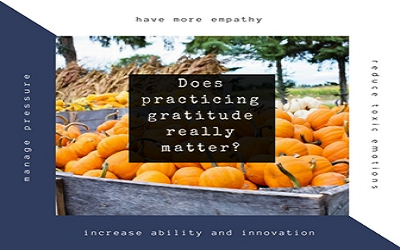If you were to list tools used by the US Army, the Navy, NASA, Olympic athletes and NFL teams (or organizations like Goldman Sachs) in managing pressure, would practicing gratitude be on that list?
While it may appear too soft and squishy to associate a strategy that an elite athlete would use as they approach a gold medal match, or, a manager might pull out of their quiver when faced with the pressure of disruption or change, the practice of gratitude is game-changing for the skillful management of emotions. While working with these groups who face extreme pressure situations, what is clear is that once they understand what the practice is and how it impacts their brain, it is one of the power tools that many find the most benefit from.
Let’s start with some research.
Gratitude is something that two of my favourite researchers have been studying long before it became fashionable to talk about. Dr. Robert A. Emmons of the University of California, Davis, and Dr. Michael E. McCullough of the University of Miami, have done much of the early and most robust research on gratitude, and it is compelling stuff. If you substituted the benefits that are derived from regularly practicing gratitude for a drug, the press and markets would be all over it.
The research shows that people who practice gratitude consistently:
- Experience a reduction in a multitude of toxic emotions, ranging from envy and resentment, to frustration and regret – emotions that regularly show up at work and impair our ability to think clearly, make decisions, collaborate or lead others.
- Are less likely to retaliate against others, even when given negative feedback. Think about the value of feedback for an organization needing to innovate and be more agile. The potential consequences of retaliation and an unskillful reaction to feedback, acts to impair many teams from giving feedback, cutting off critical information from the system and diminishing adaptation.
- Have more sensitivity and empathy toward other people. Microsoft CEO Satya Nadella has seen the research and value of empathy, and has made it a huge goal of his to inculcate the Microsoft culture with more empathy.
- Are more resilient. We are seeing a new-found appreciation for the importance of resilience and grit for organizations facing significant disruption and change. The practice of gratitude is a key driver of resilience and the ability to bounce back from setbacks.
There are other significant benefits of regularly practicing gratitude that include having a stronger immune system, less depression, experiencing more joy, optimism, and happiness, and having stronger relationships and more generous behavior. Who wouldn’t want a culture imbued with this?
The biggest barrier for people practicing appreciation or gratitude is that they think it will make them soft. They will not make the difficult decisions that impact people. That is not what we see in practice. What we see are individuals who are better able to manage their brain and emotions under pressure and are able see options to a situation that may or may not include making a tough decision about people or priorities.
Appreciation or gratitude is many things, but in the workplace, it is one of the most important brain based tools to power performance.
ABOUT THE AUTHOR
JP Pawliw-Fry is co-author of the New York Times bestselling book, Performing Under Pressure. He is keynote speaker, and the founder of IHHP, a global research and learning company that specializes in helping organizations and leaders leverage the science of emotional intelligence and performing under pressure. The research and strategies presented in the book, keynotes and in HHP’s training programs have been leveraged by numerous Fortune 100 companies, including long-term relationships with Johnson and Johnson, PWC, Goldman Sachs, HSBC as well as Olympic medal winning athletes. (Co-author: Hendrie Weisinger.)
Co-authored by our own J.P. Pawliw-Fry, Performing Under Pressure will introduce you to the concept of pressure management, offering the latest science on how your brain responds under pressure, and many empirically tested strategies to help you overcome the sabotaging effects of pressure. For this book, we undertook a multiyear study of over twelve thousand people to answer the question: what is it about the top 10 percent of these individuals that helps them handle pressure more effectively and be successful? The book has been featured in featured in Forbes, INC., The Financial Times, Training Magazine and many more, and is a NYT and Amazon bestseller. Order your copy on Amazon, Barnes and Noble, Audible or Apple ibooks.



